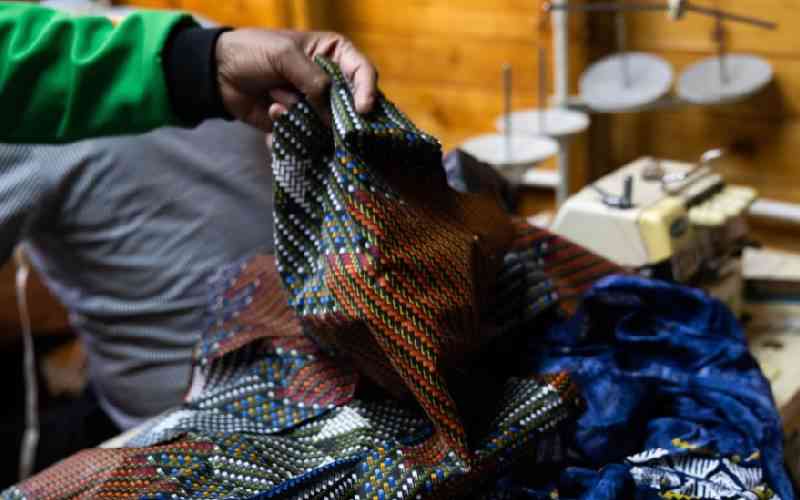
Some members of the U.S. Congress have called for South Africa to be excluded from the African Growth and Opportunity Act, a U.S. program that grants duty-free access to the enormous U.S. market for many South African exports. South Africa presses to remain eligible for the trade program and its evolving relationship with the U.S.
Sonwabile Ndamase remembers when U.S. President Bill Clinton came to Soweto in 1998. Ndamase, a fashion designer who created the iconic "Madiba" shirts worn by then-South African President Nelson Mandela, got a last-minute request from Mandela's office.